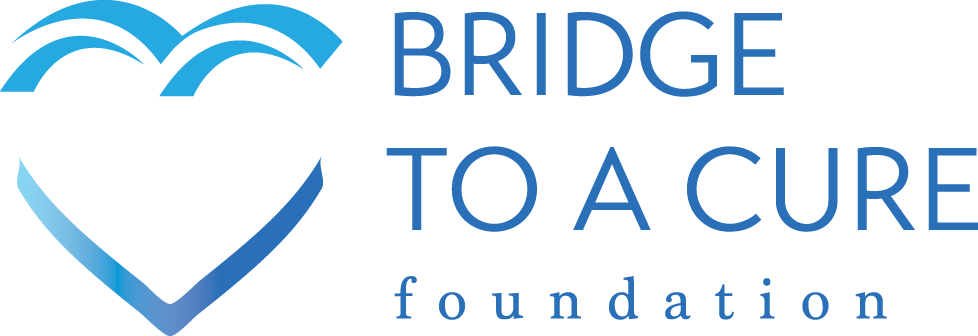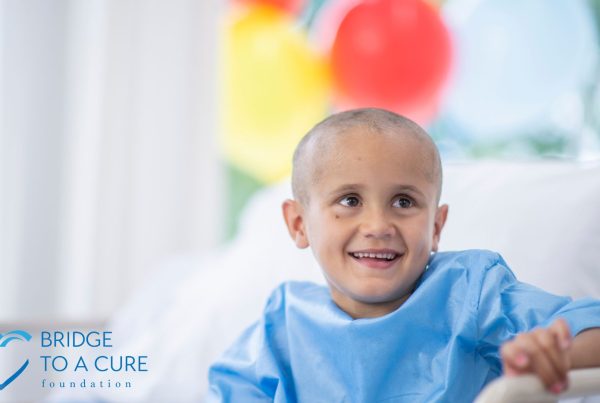Our goal for a childhood brain tumor cancer cure by 2030 continues to progress. Our enthusiasm and optimism about the potential of artificial intelligence (AI) in revolutionizing the search for a cure for childhood brain tumor cancer is why. The intersection of advanced technology and medical research holds immense promise, and AI stands out as a powerful tool in this endeavor.
AI algorithms can significantly enhance the analysis of vast and complex datasets related to childhood brain tumors. The ability of AI to process and identify patterns in large sets of genetic, clinical, and imaging data allows researchers to unravel intricate connections that may contribute to the development and progression of these cancers. This, in turn, accelerates the identification of potential therapeutic targets. Thanks to our alliance partner at the Children’s Brain Tumor Network (CBTN), these data sets are now available to researchers worldwide.
Indeed, AI-driven image analysis plays a crucial role in the field of medical imaging, aiding in the early detection and precise monitoring of brain tumors.
By leveraging machine learning algorithms, medical professionals can obtain more accurate and efficient results from imaging studies. This expedites the diagnosis and facilitates timely interventions, thereby improving the prognosis for young patients.
In one promising study by CBTN, 250 brain tumor subject scans were used to generate an AI algorithm. This algorithm generated 3-dimensional segmentations automatically, making note of any tumor progression. This model effectively captured tumor progression earlier than the traditional method in more than half of the cases.
Additionally, the application of AI in drug discovery is a game-changer for developing targeted therapies. By simulating and predicting the interactions between various drug compounds and specific cancer biomarkers, AI expedites the identification of potential drugs that could effectively combat childhood brain tumors. This approach not only reduces the time and resources required for drug development but also increases the likelihood of finding treatments tailored to the unique characteristics of each patient’s cancer. In fact, time has been reduced from 12 years to 4 years. Truly a game-changer.
AI enables the personalization of treatment plans through the analysis of individual patient data. This tailoring of therapies based on a patient’s genetic makeup, response to treatment, and other relevant factors enhances treatment efficacy while minimizing potential side effects. The era of precision medicine, powered by AI, offers a more targeted and less invasive approach to treating childhood brain tumors.
The integration of artificial intelligence into the realm of childhood brain tumor cancer research holds immense promise. From deciphering complex datasets to improving diagnostic accuracy, streamlining drug discovery, and enabling personalized treatment strategies, AI stands as a catalyst for innovation in the quest for a cure. As we continue to explore the vast potential of AI in healthcare, we at Bridge To A Cure Foundation are hopeful that these advancements will bring us closer to a future where childhood brain tumors are not only treatable, but ultimately curable.






